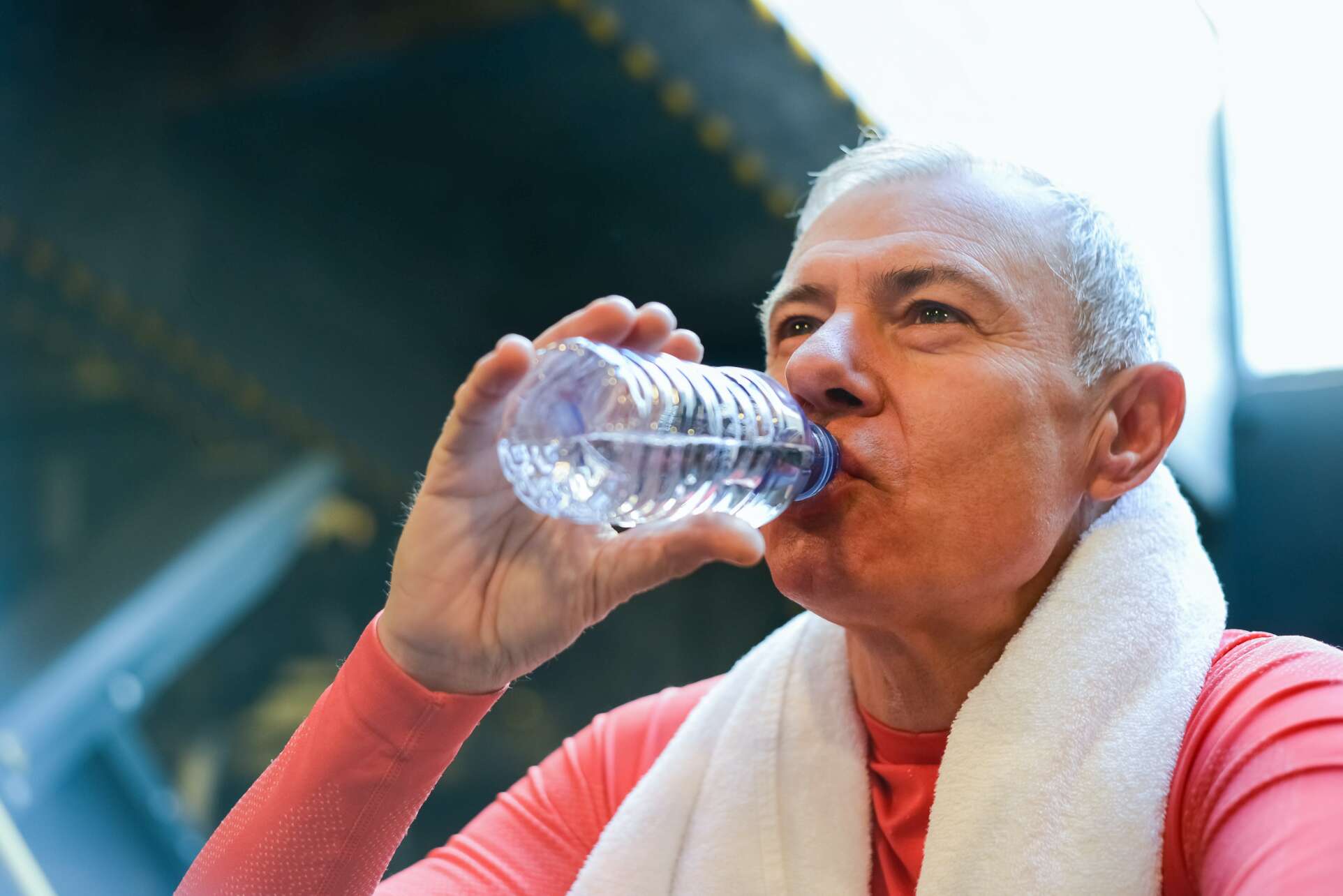Is It Safe to Reuse Disposable Water Bottles?
Every year, Americans purchase 50 billion plastic water bottles. Even though we are all trying to do our part by tossing those bottles in the recycling bin, only 30% of plastic water bottles are actually recycled. The other 70% go to our local landfills. When plastics end up in landfills, they aren’t harmless. They break down into tiny toxic particles that contaminate the soil, water supply, and enter the food chain when animals accidentally ingest them.
So what is the solution? Is it safe to reuse plastic water bottles? Here’s what you need to know and why you may want to rethink how you recycle!
Can you reuse plastic bottles if you disinfect them?
Bacteria can grow quickly on many types of plastic bottles. Just touching your mouth to the bottle is enough to start the growth process, which can turn into harmful bacteria over time.
Although #2 plastic bottles are designed to minimize this problem, they still are not designed for repeated use. Furthermore, #7 plastic bottles that may contain BPA should never be exposed to heat or hot water, which means it may be difficult to disinfect them.
Even durable plastics break down over time, which means your used bottle may have tiny cracks or imperfections that make it difficult to disinfect completely. On top of that, plastics can leach microplastics when exposed to heat — so you may not want to wash and disinfect that bottle anyway.
Are all plastic bottles dangerous to reuse?
It is no secret that plastic water bottles are not the most sustainable solution for keeping hydrated. While generally considered safe for one-time use, there are certain risks associated with reusing and refilling plastic water bottles. This is due to the fact that chemicals like Bisphenol A, Phthalates, and Styrene can be found in many plastics used in water bottle manufacturing and can leak into the liquid if it is exposed to heat or sunlight, which can lead to serious health complications. Therefore, rather than continuing to reuse a single plastic bottle indefinitely, it makes more sense from a safety perspective to eventually switch over to a reusable steel version, which is much better suited for long-term use. Other concerns associated with single use plastic water bottles include:
- Water quality: Did you know that some bottled water is actually just tap water with added minerals? Other sources include springs and wells, but it’s not always easy to tell where exactly this water came from and how it has been treated. Furthermore, one study found that 93% of bottled water samples showed some sign of microplastic contamination.
- Plastic safety: Even if you don’t plan to reuse water bottles, there’s some evidence that it’s not very safe to use them the first time. For example, the BPA present in some plastic bottles can leach into your water, and the American Cancer Society notes that BPA is considered a probable carcinogen.
- Cost: Depending on your local water conditions, bottled water can cost thousands of times more than tap water. That’s especially true if you’re recycling every bottle after a single use.
- Environmental friendliness: It takes 450 years for a plastic bottle to break down. During that time, a single bottle can cause a lot of trouble — especially if it ends up in the ocean, where the bottle cap and other elements can be consumed by sea life and otherwise harm the ecosystem.
How Can I Reduce or Even Eliminate the Use of Plastic Water Bottles?
The good news is that there are easy ways to cut back on plastic bottles while still getting all the water you need in a day. For example, you could choose a reusable water bottle made of glass or stainless steel, both of which can be cleaned in hot water (unlike plastics #1, #2 and #7). However, even a reusable water bottle won’t do much good if you can’t trust your home’s water quality.
That’s why your best bet is to start with a drinking water filtration system. The most comprehensive of these systems use reverse osmosis which improves your water quality by giving you purified water in your home. Installing a Culligan reverse osmosis system means you can fill your reusable bottle with a virtually endless supply of cleaner, safer water.
Not only does this route save money in the long run, but also it helps contribute to your health. Drinking more water is only good if your water is too! All in all, making the switch from disposable bottles to a reusable bottle with high-quality drinking water offers numerous benefits and gives individuals the perfect opportunity to become part of an ever-growing movement preserving Earth’s beauty and your health for years to come.
Contact Culligan of the Low Country to explore which filtered and purified drinking water system is the best for you.

